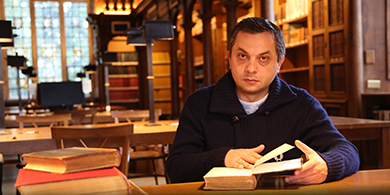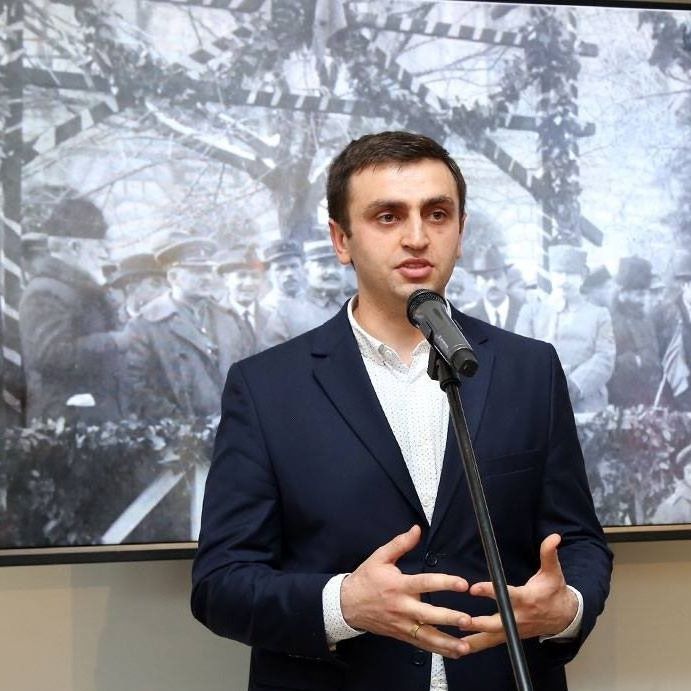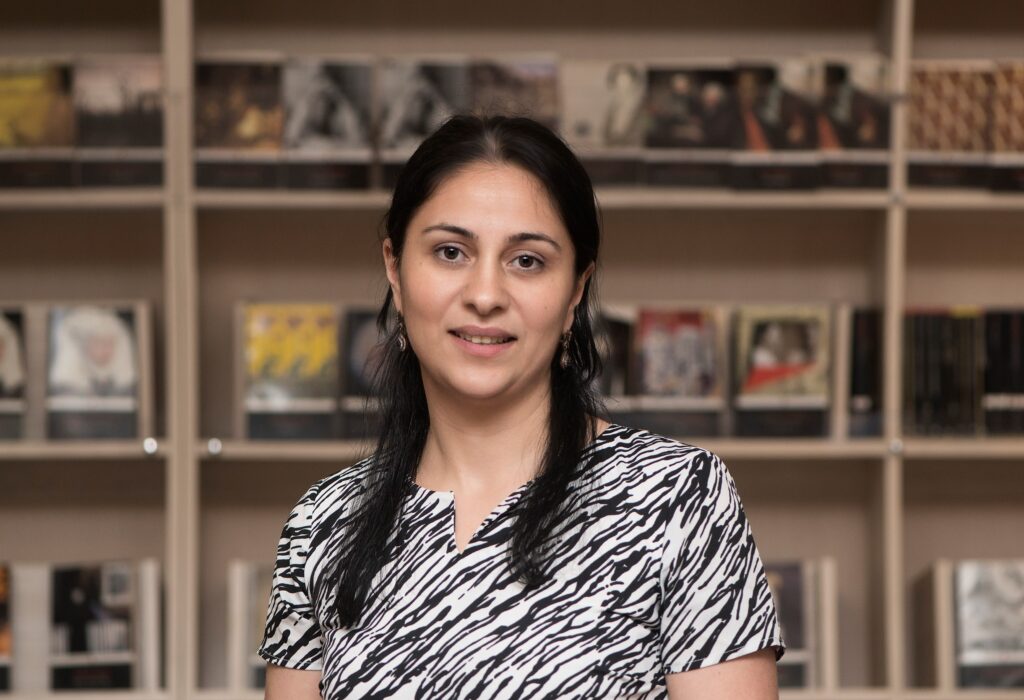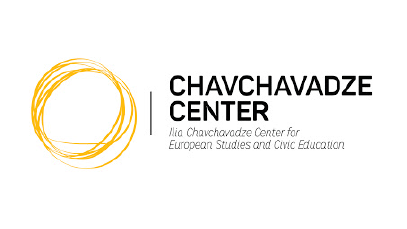
BEKA KOBAKHIDZE
Co-chair of the Program
Studying history of Georgia is not only about acquiring isolated knowledge of past events, or even a sensational account of glorious events featuring heroes and anti-heroes, patriots and traitors. Connected to the present, the past leads into the future. Sound knowledge of history is essential for shaping a strong civil society and developing thoughtful citizenship. Along with the rise of populism and radical ideologies, as well as the surge in fake news, politicians and aggressive states often resort to historical narratives in their election campaigns and in their efforts to justify their actions respectively. Citizens must be equipped with proper knowledge to resist them by applying reflection and contemplating reality. Historiography does not directly create material wealth, but it does partake in making politics, as well as building economy, international relations and our daily lives.
These givens are especially obvious with respect to the history of Georgia of the 19th and 20th centuries. Tbilisi has a potential to become a centre of regional historiography. It served as a seat of the Russian Viceroy to the Caucasus, a centre of the Transcaucasian Commissariat, then of the Transcaucasian Democratic Federative Republic, and finally, of the Transcaucasian Soviet Socialist Federative Republic. It is in Tbilisi that the archives of the aforementioned political entities are deposited along with Azerbaijanian, Armenian, Russian and other newspapers, magazines and journals. Thus, the history of Georgia is more than the history of the Georgian people.
Historiography requires a cosmopolitan approach and the application of international achievements, just as sciences, such as, medicine, mechanical engineering, engineering, computer technologies, etc. During 70 years of Soviet rule, Historiography, like other fields of the Humanities and Social Sciences, served as an instrument of official ideology. This is how collective memory was constructed. Free society, including that of independent Georgia, does not require historiography that is servile. Communist Party is no more in power, but it must not be replaced by another ideological agenda. Historiography is a space for undogmatic research by free people, who study the past, analyze the present and view future by applying contemporary approaches, theories and empirical knowledge.
Advances in Historiography will be impossible without the knowledge of the accomplishments in international Historiography, the place of Georgia on the path of transnational historical evolution, and the study of regional history. History of Georgia cannot be viewed in isolation, in a world of its own. That the situation in Georgia in this regard is not favourable is first of all indicated by the shortage of books on the history of Georgia written in foreign languages. Few publications that are available are mostly authored by foreigners. The number of papers by Georgian authors that can be found in international bases is also very limited.
The MA Programme Modern History of Georgia seeks to respond to the double challenge: internationalization of the history of Georgia, and raising Georgian historiography to modern standards of research. It aims to educate a new generation of scholars capable of becoming part of international research community and importing international knowledge to Georgia.
The initiative was met with enthusiasm by a number of internationally accomplished scholars, which enabled the putting together of a team of leading professors in this field, including:
With such a team and selected students we believe we will be able to create one most advanced schools of Historiography in the Caucasian region and Eastern Europe.
Developed in 2019 at the ISU School of Arts and Sciences, the MA Programme in Modern History of Georgia started admissions in the 2020 autumn semester. The programme is bilingual – Georgian and English. The number of students admitted annually to the Program is limited from five to ten students, which enables professors to provide high-quality, tailored guidance and supervision to each student individually. The admission process therefore is highly competitive.
It is intended in the future to internationalize the programme by engaging foreign students and attracting more international international partners.


Co-chair of the Program

Co-chair of the Program

Coordinator

Quality Assurance Service



In the process of Georgia’s democratic transformation, great importance is paid to the study of the historical past and its analysis through reflection. The Konrad Adenauer Foundation is pleased to have found an extremely trusted partner, Ilia State University, with whom the cooperation has laid the grounds for many new projects and initiatives in the past years.

The Ilia Chavchavadze Centre for European Studies and Civil Education has recruited two Master students in Modern History Of Georgian for its 2020-2021 research project

